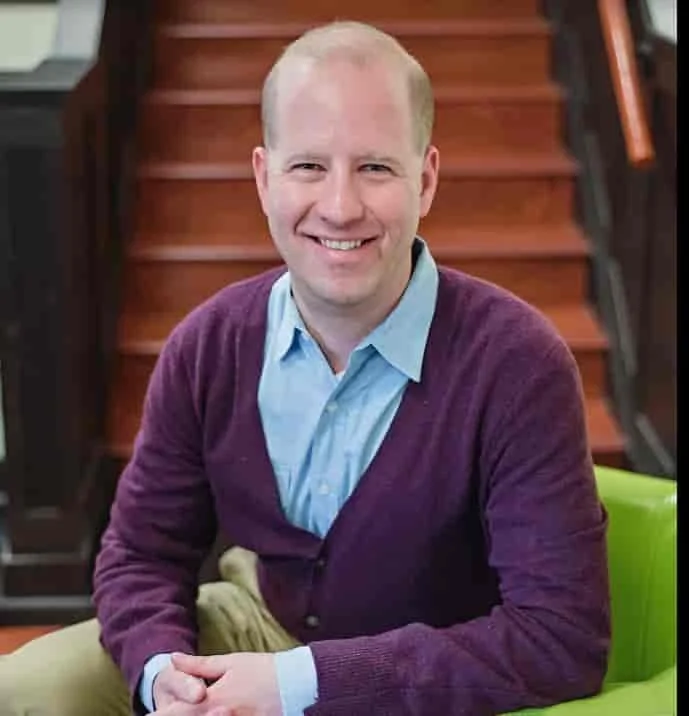How to Heal from Pain Caused by Your Church
Faith communities should be built on trust, belonging, and shared values. For many, church is a place of guidance and comfort. But what happens when the same space that promises care instead causes harm?
Religious trauma, church-related conflict, and spiritual abuse can deeply affect emotional health, intimate relationships, and personal identity. Healing is possible, but it requires intention and support.
Learning About the Impact
Many people dismiss their experience by thinking, “It was not that bad” or “I should just move on.” However, minimizing pain does not resolve it.
Church-related harm can take many forms: exclusion, judgment, controlling leadership, or teachings that instill fear rather than compassion. These experiences can lead to anxiety, depression, isolation, or difficulty trusting others. Naming what happened allows you to begin separating your identity from the negative experience. It also helps reduce the self-blame that often follows religious trauma.
Giving Yourself Permission to Question
Leaving or distancing yourself from a church community can create guilt or uncertainty. You may fear rejection from friends or family, or you might worry about being judged for questioning your faith.
Healing includes granting yourself permission to explore your own beliefs, doubts, and values. Questioning does not mean abandoning faith altogether. Instead, it means you are reclaiming the ability to think and decide for yourself.
The deconstruction process can be empowering. It also helps rebuild a sense of safety by showing that you have a choice in how you engage with spirituality.
Building Safe Connections
Hurt from a faith community often comes with a loss of trust. You may feel hesitant to seek support again, but connection is an essential part of healing.
Building relationships with safe, supportive people allows you to share your story without fear of judgment. Close friends, support groups, or a therapist familiar with religious trauma can all help rebuild those connections. These relationships can help you practice trust again, while also giving you space to express anger, grief, or disappointment in healthy ways.
Reclaiming Spiritual or Personal Practices
Some people choose to continue practicing their faith in a new way. Others step back entirely. Both are valid.
Healing involves discovering what feels meaningful to you now. That may include prayer, meditation, journaling, or even time in nature. Reclaiming practices on your own terms allows you to rebuild a spiritual or personal foundation that feels authentic rather than imposed.
Working Through Emotional Patterns
Harm from a church can leave lasting emotional patterns. You may struggle with people-pleasing, fear of authority, or difficulty saying no. Therapy can help identify and shift these patterns. For example, you may learn to set boundaries with confidence, or to express anger without guilt.
A therapist can also support you in understanding how church-related experiences shaped your view of yourself and others. This process can reduce shame and foster a healthier self-image.
Redefining Faith's Role in Your Life
Healing from church-related harm is not a single event. It is an ongoing process of deciding what role, if any, faith will play in your life going forward. Some people need distance to feel safe again. Others slowly re-engage with spirituality in a way that feels healthier.
What matters most is that you move at a pace that feels right for you, without pressure to “forgive and forget” or to rebuild trust before you are ready. Learning to listen to your own heart rather than the voices that once silenced you is a powerful part of recovery.
Learning to Heal
If your church has caused you pain, this is a reminder that you deserve to feel safe in your relationships, in your beliefs, and in yourself. Working with a therapist can help you navigate the layers of grief, confusion, and anger that may linger.
You do not have to carry this weight alone. If you are ready to take the next step, consider reaching out for support through in-person or online therapy.
About the Author
Jason Fierstein, MA, LPC, is an Arizona-licensed mental health counselor and owner of Phoenix Men's Counseling. He sees both individuals, including men and women, as well as members of the LGBTQ+ community, who are seeking help coping with depression, anxiety, anger, people-pleasing, and more. He additionally works with couples seeking marriage counseling, as well as anyone seeking assistance in navigating infidelity or divorce. Jason offers sessions both in-person and online.


